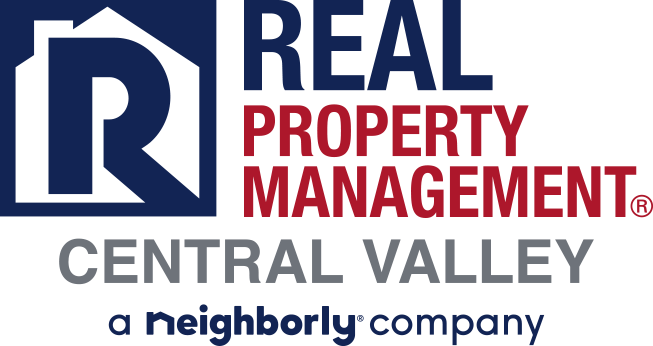Handle Problem Tenants: 6 Tips for Landlords

Dealing with problem tenants is something that all landlords dread, but it’s an unavoidable part of the job. Whether it’s a tenant who doesn’t keep up with rent payments, causes excessive noise, or puts the safety of the property at risk, it can be difficult to know how to handle the situation. Fortunately, there are a few simple tips landlords can use to help them navigate these tricky situations. In this article, we’ll provide 6 tips for handling problem tenants, so you can keep your property safe and avoid potential legal troubles. With a little patience, knowledge, and care, you can become an expert at dealing with problem tenants and protect your rental property for years to come.
Understand the Law
Before you even think about how to handle a problem tenant, it’s important to understand the law. There are a number of laws that protect tenants, and it’s easy for landlords to break these laws without realizing it. For example, many states have laws around how much notice you must give tenants before you start an eviction process. In many cases, the amount of notice you must give depends on how long the tenant has been living in the property. If you break these laws, it could lead to the tenant suing you. If you don’t understand the laws in your state, it’s a good idea to speak to a legal expert to ensure you’re following the rules. They may even be able to help you come up with a plan to avoid unnecessary problems in the future.
Document Everything
If a tenant is breaking the rules of their lease agreement, you may want to start the eviction process. In some situations, you can do this yourself; in others, you’ll need to hire a lawyer to help you. In either case, it’s important to have as much evidence as possible that the tenant is violating the lease. Documenting everything that happens is the best way to prove this, so make sure to keep a detailed record of what’s going on. It’s also a good idea to take pictures of any damage to the property or other issues that may affect how tenants use the property. Having this visual proof can make it easier to show the courts or other authorities that something needs to be fixed.
Communicate Clearly
Once you’ve documented the problems a tenant is causing, you need to start communicating with them. It’s a good idea to sit down with the property tenant and calmly explain what issues they’re causing and how they can fix them. If the tenant has fallen behind on their rent, you may even be able to work out a payment plan with them. If a tenant has a habit of keeping the neighbors awake with loud parties, you can create a noise rule that they must follow. Other issues may be harder to communicate, but it’s still important to try as best you can. If you communicate clearly with your tenant, they’ll have a better chance of fixing the problem, and you’ll have a better chance of winning if they take you to court.
Set Ground Rules
It’s one thing to communicate clearly with a tenant and expect them to follow the rules. It’s another thing entirely to have them sign a contract or lease that clearly outlines what they need to do. If a tenant is causing an issue, it can be a good idea to sit down with them and have them sign an addendum to the lease agreement. This can help you get them to follow the rules, and it can also be used as evidence in court if the situation ends up going there.
Have a Plan for Eviction
If a tenant refuses to follow the rules or deal with their problems, you may need to start the eviction process. If this happens, you may want to hire a lawyer to help you. Make sure to avoid illegal practices when starting the eviction process, or you could end up paying for it in court. One of the best ways to avoid these potential problems is to have a plan for eviction. Sit down with a friend or colleague, and come up with a plan that outlines the steps you’ll take if a tenant breaks the rules or stops paying rent. Having a plan in place can make it easier to stay on track and avoid the temptation of making a mistake because you’re feeling stressed.
Stay Calm and Professional
Even if you’re dealing with a tenant who is breaking the law and putting your property at risk, it’s important to stay calm and professional. You can’t let your emotions get the better of you, or you risk making mistakes that could end up costing you a lot of money. Keep your cool, and do your best to be respectful and professional, even if the tenant is acting aggressive or unruly. This might be difficult, but it’s important to protect your property and your reputation. Other tenants will notice how you react to the situation, and they may be more likely to choose your property if they see you handle things calmly and professionally.
Conclusion
Dealing with problem tenants is an inevitable part of being a landlord. However, it’s important to remember that these are people, too. Be patient with them, and do your best to remain professional and calm. There’s a good chance you’ll be able to work out a solution that leaves you, your tenants, and your property happy in the end. And once you’ve dealt with this problem tenant, you may never have to deal with another one again.
Contact Us
At RPM Central Valley, we specialize in local property management for the Central Valley area.
To learn more about the services we can offer you, contact us today by calling (209) 572-2222 or click here to connect with us online.
